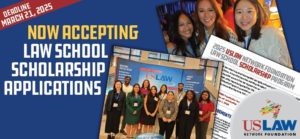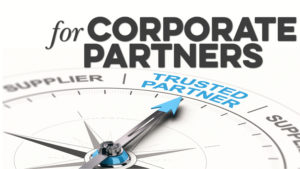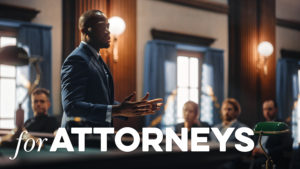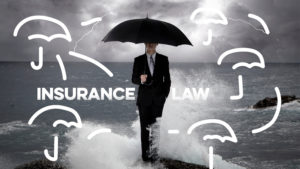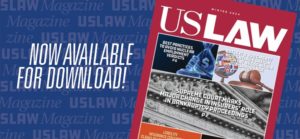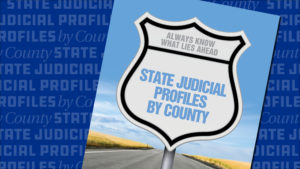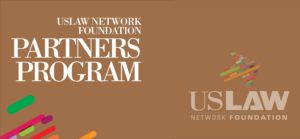Immersion Legal Jury LLC, a nationally based jury consulting firm, has been named the official jury consulting… Continue Reading
Attorney Accused of Obtaining Adversary’s Trial Questions From Email Hacked By Client
POSTED FEBRUARY 8, 2016
A special to USLAW NETWORK and USLAW DigiKnow
By Karen Painter Randall, Connell Foley LLP, Roseland, New Jersey
The Missouri Supreme Court is scheduled to hear oral argument this month in an ethics case against an attorney accused of using information obtained by his client in a divorce proceeding. In particular, the client guessed his wife’s email password, and obtained privileged documents that he subsequently provided to his attorney. The lawyer, 70-year-old Joel Eisenstein, is a part-time prosecutor. The disciplinary counsel is seeking an indefinite suspension, with leave to apply for reinstatement after a year.
Ethics officials say Eisenstein saw two documents obtained by his client: a payroll document for the client’s wife and a list of direct examination questions prepared by the wife’s attorney for the upcoming divorce trial. According to a brief filed by the chief disciplinary counsel, Eisenstein allegedly used the payroll document during a settlement conference in July 2013 without disclosing he had it.
As to the trial questions, in or around February 2014, opposing counsel learned Eisenstein had obtained same when it was included in a stack of exhibits that Eisenstein produced. When opposing counsel asked Eisenstein why he had the list, he replied it contained a lot of leading questions and he planned to object to them. Eisenstein later said that his paralegal had placed the questions in the stack of exhibits, and he was joking when he remarked on the leading questions.
During a conference in the Judge’s chambers, Eisenstein initially said he had not seen the questions list before that morning. However, he subsequently admitted that he had seen it, but did not read it. On the record, Eisenstein’s client also admitted he had obtained the documents by accessing his wife’s personal email account.
Thereafter, Eisenstein is accused of sending the opposing counsel an email that read: “Rumor has it that you are quite the ‘gossip’ regarding our little spat in court. Be careful what you say. I’m not someone you really want to make a lifelong enemy of, even though you are off to a pretty good start. Joel.”
As technology continues to evolve, the duties and obligations attorneys owe not only to their clients, but also their adversaries do as well. RPC 1.6(a) requires an attorney not to reveal confidential information, and RPC 4.4(b) discusses an attorney’s duty to take reasonable steps in communicating with his/her client, as well as the duty to respect the privilege of others. Thus, besides advising his client not to “hack” into his wife’s private email account, Einstein also had a duty to alert opposing counsel once his client provided him with these improperly obtained documents and return same.

